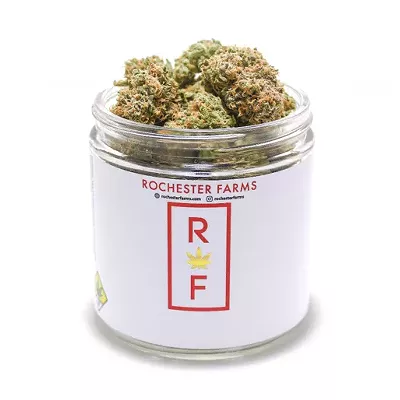Two committees with national reach — one congressional, one collegiate — made moves last week that have the potential to impact Americans who consume or have ever, even once, consumed cannabis.
CONGRESS SEEKS CURE
A bill that would open federal employment opportunities to people who have previously consumed cannabis advanced out of a committee in the U.S. House of Representatives last week. The Cannabis Users Restoration of Eligibility (CURE) Act was approved by the House Committee on Oversight and Accountability with bipartisan support.
Rep. Jamie Raskin, a Maryland Democrat, introduced the bill, which passed by a 30-14 vote.
"The CURE Act will ensure that qualified and dedicated individuals seeking to serve our country are not precluded from doing so simply because they have used marijuana," Raskin said in a statement. "It will also allow for someone who has previously been denied a security clearance or a federal job opportunity, like my constituent, to have that denial reviewed."
Currently, admitting to any past cannabis use can be a disqualifying factor for candidates seeking federal employment or a job requiring a security clearance.
"Despite the rapid liberalization of marijuana laws in most states, thousands of Americans are being denied security clearance or ineligible for federal employment solely because they admit to having used marijuana — even if it was completely lawful under state law. These obsolete federal marijuana laws are preventing too many qualified Americans from serving their government," the committee stated in a news release after the vote.
COLLEGE ATHLETICS CONSIDERS CHANGE
On Friday, the NCAA's Committee on Competitive Safeguards and Medical Aspects of Sports issued a handful of recommendations on rule changes, one of which would remove cannabinoids from the NCAA's list of banned substances.
The committee's recommendation also includes implementing an educational framework on cannabis use as part of a shift to a harm-reduction model from the current punitive approach.
"We are recommending a big shift in the paradigm when it comes to cannabinoids. We want to modernize the strategy with the most up-to-date research to give schools the best opportunity to support the health of student-athletes," said James Houle, the committee's chair and an Ohio State University sports psychologist, in a statement.
In issuing their recommendation, the committee acknowledged the ineffectiveness of the NCAA's current cannabis policy. It also recognizes that while the NCAA is entitled to regulate performance-enhancing substances, cannabinoids should not be considered as such.
There are more than 520 thousand student athletes who could be impacted by these changes across roughly 1,100 NCAA member schools. ♦



















